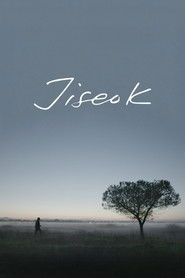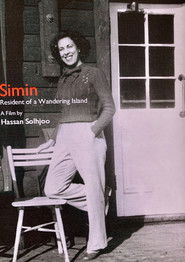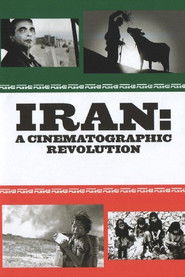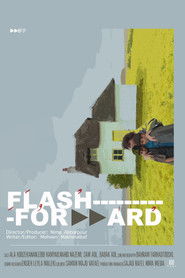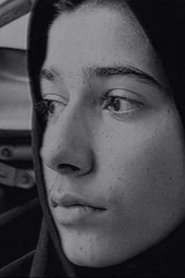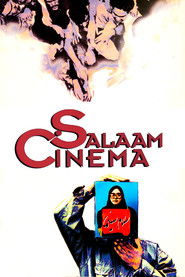
Mohsen Makhmalbaf
29-05-1957
Birthday
Gemini
Zodiac Sign
-
Genres
18
Total Films
محسن مخملباف, 모흐센 마흐말바프
Also known as (male)
Tehran, Iran
Place of Birth
29-05-1957
Birthday
Gemini
Zodiac Sign
-
Genres
18
Total Films
-
Also Known As (male)
Tehran, Iran
Place of Birth



